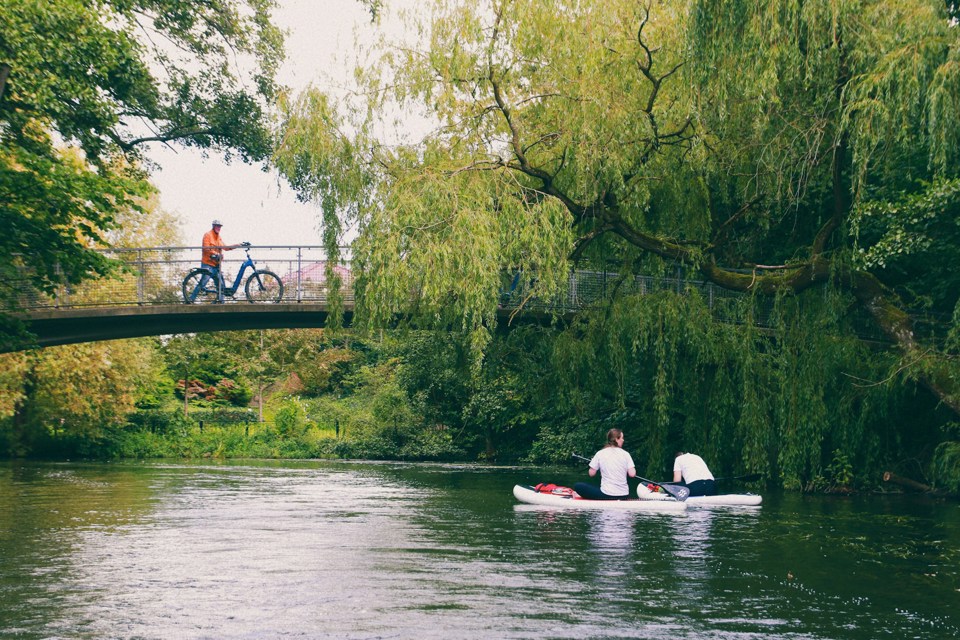There is also a freedom in not having a car
Malene Freudendal-Pedersen believes that the 15-minute city can help dispel several myths about the car. For example, there is the notion that 'the car is necessary when you have children', that 'the car creates freedom' or that 'shop life dies if you can't get there by car'. She says:
"The car is a really good technology. But there is also a freedom in not having a car. The problem is that cars pollute, make noise and take up a lot of space, and we get sick because we don't move. When we ask cyclists, they say that it makes a huge difference for the rest of the day that they have been able to move to and from work. We also know that children who have cycled or gone to school learn better and have a better physique for the rest of their lives. And in fact, experience shows that cyclists and pedestrians are better shoppers than drivers."
According to Malene Freudendal-Pedersen, cars occupy a very large part of the common urban space. In the City of Copenhagen, for example, 57% of the common space is used on roads and parking lots. If it becomes easier and more attractive to cycle or walk, we automatically get more activity into our everyday lives, and space is freed up in the city for social activities and recreational areas.
You get surprisingly far in 15 minutes
To show how far you can actually get in 15 minutes, the researchers have created some special maps of Odense and Ballerup. It was an eye-opener for the two cities, because our idea of how long things take on foot, by bike or by public transport is often not related to how far it actually is.
Malene Freudendal-Pedersen believes that 15-minute cities help us rethink routines: How do I get to work and how do my children get to school or to football? She points out that of course you should still be able to commute to work if it is the best. But this is not the same as everything having to be built on the car's terms.
"We need to think differently if we are to take the climate crisis seriously," she concludes.

